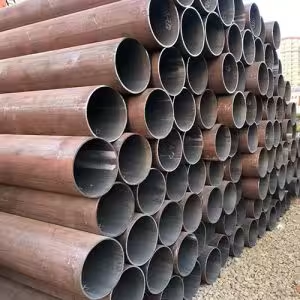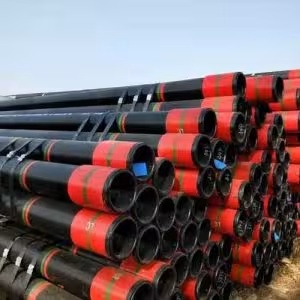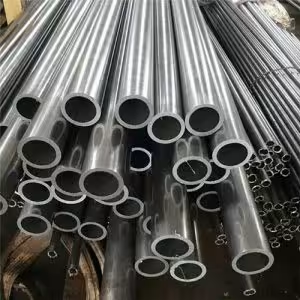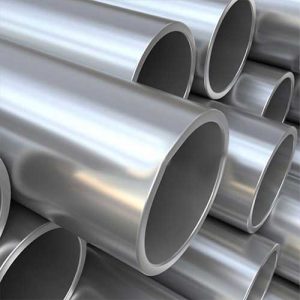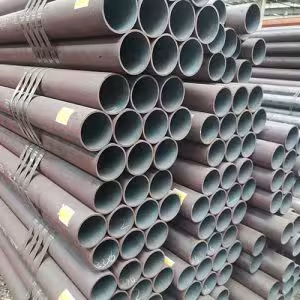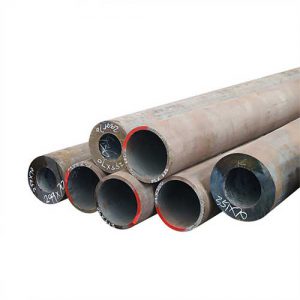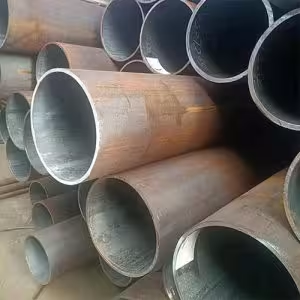Welcome to My Blog!
Before we dive into the content, I’d love for you to join me on my social media platforms where I share more insights, engage with the community, and post updates. Here’s how you can connect with me:
Facebook:https://www.facebook.com/profile.php?id=61565500692293
Now, let’s get started on our journey together. I hope you find the content here insightful, engaging, and valuable.
Table of Contents
Introduction

When it comes to construction and plumbing, the choice of materials can significantly impact the overall success and durability of a project. One popular option that has been widely used for various applications is galvanized pipe. This type of pipe, coated with a layer of zinc to prevent corrosion, offers numerous benefits and some drawbacks. In this blog post, we will explore the pros and cons of galvanized pipe, helping you make an informed decision for your next project.
What is Galvanize Pipe?
Galvanized pipe is a type of steel pipe that has been coated with zinc to enhance its resistance to rust and corrosion. This protective layer is created through a process called galvanization, where the pipe is immersed in molten zinc or treated with a zinc-rich coating. Galvanized pipes are commonly used in a variety of applications, including plumbing, water supply, and construction.
Pros of Galvanize Pipe
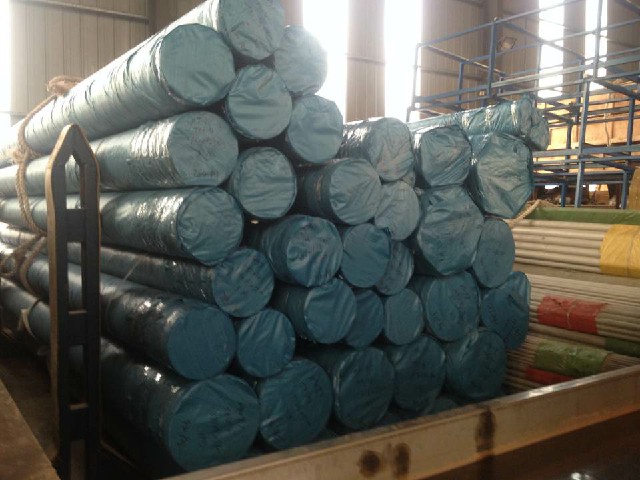
Corrosion Resistance
One of the most significant advantages of using galvanized pipe is its excellent corrosion resistance. The zinc coating acts as a barrier between the steel and moisture, reducing the risk of rust and prolonging the life of the pipe. This makes galvanized pipe an ideal choice for outdoor applications and areas with high humidity.
Durability and Longevity
Galvanized pipes are known for their durability and longevity. With proper installation and maintenance, they can last for several decades without needing replacement. This characteristic makes them a cost-effective option in the long run, as they require less frequent repairs and replacements compared to other materials.
Versatility
Galvanized pipes are versatile and can be used in a wide range of applications. They are suitable for both residential and commercial projects, including plumbing, irrigation, and structural support. Their ability to withstand high pressure and temperatures makes them a reliable choice for various situations.
Low Maintenance
Another advantage of galvanized pipe is its low maintenance requirements. Once installed, they require minimal upkeep, as the zinc coating prevents rust and corrosion. This characteristic is particularly beneficial for projects where regular maintenance may be challenging.
Cost-Effective
Although the initial cost of galvanized pipe may be higher than some alternatives, its longevity and durability make it a cost-effective choice over time. The reduced need for repairs and replacements can lead to significant savings in both materials and labor costs.
Cons of it
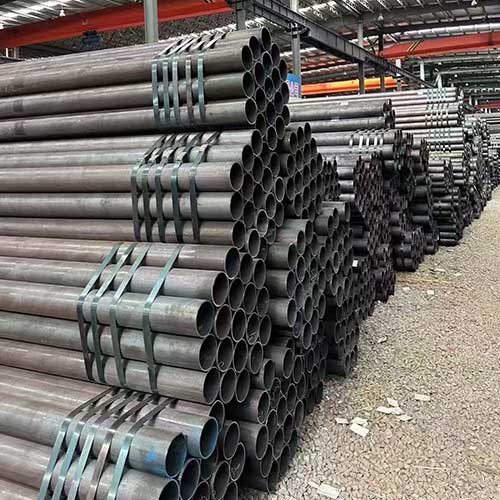
Limited Temperature Range
While galvanized pipes are durable, they are not suitable for all temperature ranges. The zinc coating can begin to degrade at high temperatures, which may compromise the integrity of the pipe. This limitation should be considered when planning applications that involve heat or steam.
Potential for Zinc Leaching
Over time, the zinc coating on galvanized pipe can wear away, potentially leading to zinc leaching into the water supply. While the levels of zinc in drinking water are generally considered safe, long-term exposure may not be ideal for all users. It’s essential to monitor water quality regularly if using galvanized pipes for plumbing.
Heavier than Alternatives
Galvanized pipes are generally heavier than other types of pipes, such as PVC or copper. This added weight can make transportation and installation more challenging, particularly in large projects. It may require additional support and labor, increasing overall project costs.
Difficulty in Joining with Other Materials
Joining galvanized pipes with other materials can be complicated. The zinc coating can interfere with certain types of welding and soldering, requiring special techniques and tools. This can lead to additional labor costs and project delays.
Limited Availability in Some Regions
In some areas, galvanized pipes may be harder to find compared to more popular materials like PVC or PEX. This limited availability can delay projects and necessitate adjustments in material choices.
Applications
| Application | Description |
|---|---|
| Plumbing | Commonly used in residential and commercial plumbing systems. |
| Water Supply | Ideal for transporting potable water due to corrosion resistance. |
| Structural Support | Used in construction for support beams and frameworks. |
| Irrigation | Effective for agricultural irrigation systems. |
| Fire Sprinkler Systems | Used in fire protection systems due to durability. |
Conclusion
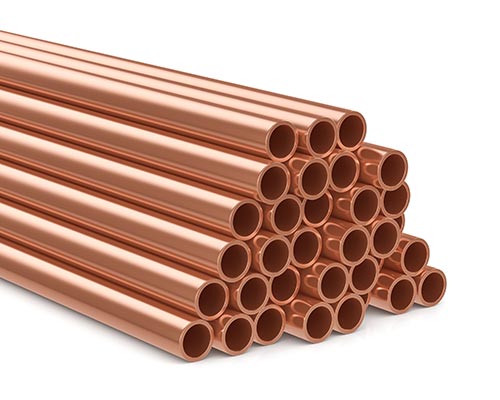
In summary, galvanized pipe offers several advantages, including corrosion resistance, durability, and low maintenance. However, it also has its drawbacks, such as limited temperature range and potential for zinc leaching. Understanding the pros and cons of galvanized pipe will help you make an informed decision when choosing materials for your next project. Whether you prioritize cost-effectiveness, longevity, or specific application requirements, galvanized pipe remains a popular option for various construction and plumbing needs.
FAQ
What is the lifespan of galvanize pipe?
Galvanized pipes can last anywhere from 20 to 50 years, depending on the application and environmental conditions.
Can galvanize pipe be used for drinking water?
Yes, galvanized pipe can be used for drinking water, but it is essential to monitor water quality due to the potential for zinc leaching.
Is it possible to connect galvanize pipe with other types of pipes?
Yes, but special techniques may be required due to the zinc coating, which can complicate welding and soldering.
Are there alternatives to galvanized pipe?
Yes, alternatives include PVC, copper, and stainless steel, each with its own set of pros and cons.
What should I consider before choosing galvanized pipe?
Consider factors such as application requirements, environmental conditions, and maintenance needs when deciding if galvanized pipe is the right choice for your project.

